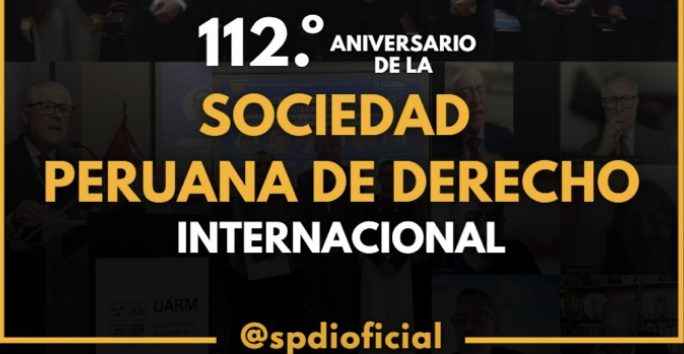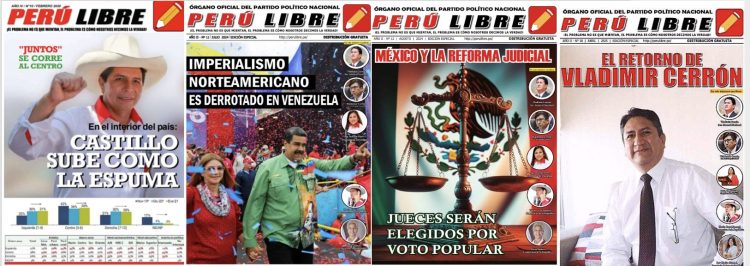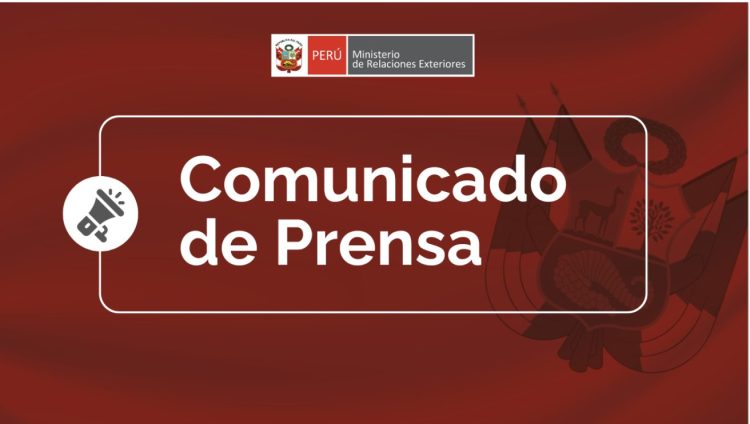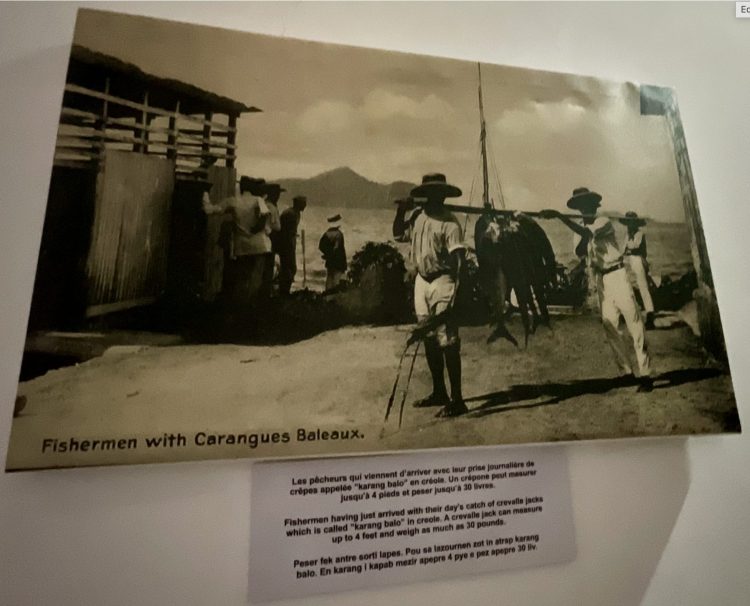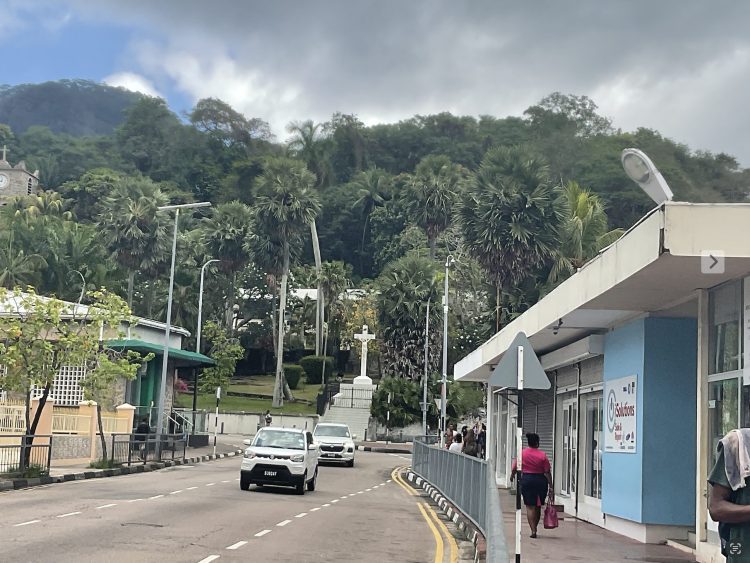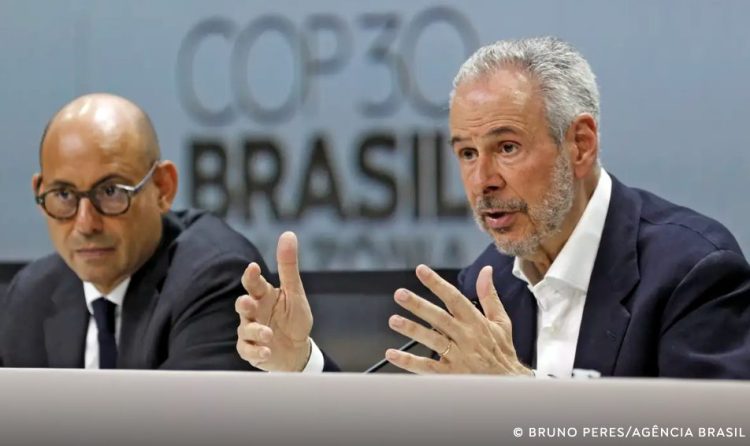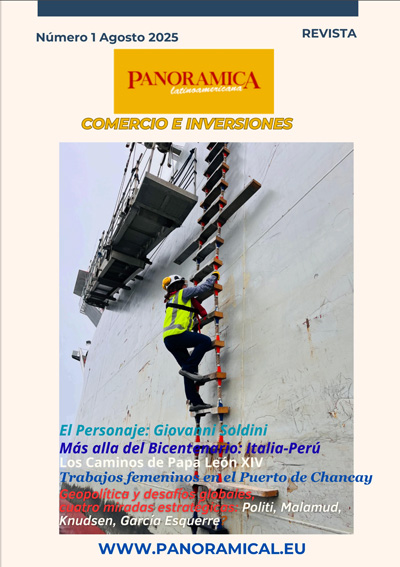The EU and the Pacific Alliance
The Pacific Alliance was launched in Lima, Peru in 2012 by four countries : Mexico, Colombia, Peru, Chile. Its overall goals are the free circulation of goods, services, capitals and people, with the objective of creating an ‘area of deep integration’ to stimulate economic growth and competitiveness. The Alliance aims at enhancing trade relations with the Asia Pacific region.
The association is opened to observers of which Belgium, Spain, France, Germany, The Netherlands, United Kingdom and Portugal from the EU, and many other from the five continents have been accepted. Belgium has been accepted as an observer. Belgian Foreign Minister Didier Reynders met with Peruvian President in Lima this August promoting projects in this field, particularly with the port of Antwerp.
The EU has signed free trade agreements with all four members of the Pacific Alliance and political relations are good. There are has long-standing institutional relations and free trade agreements with all members of the Pacific Alliance, including the ‘candidate observers’ Costa Rica and Panama.
European Council President Herman van Rompuy and European Commission President José Manuel Barroso met with the Presidents of Colombia and Peru on the margins of the January 2013 EU-CELAC summit in Chile on this issue. Considering the initiative very promising, M. van Rompuy stated the EU is following closely the developments of the Alliance.
The Alliance has organized seminars in Hamburg, Rome, Warsaw and Helsinki to demonstrate its potential. It is important for the EU, not only because of the weight of trade and investment, but also because of its effects in the other regional blocs.
The EU should monitor the development of the Pacific Alliance closely, for various reasons of which the fact of the creation of the Pacific Alliance could have consequences for other regional cooperation projects and may influence, for instance, the EU’s relations with these associations, including the on-going negotiations of the Association Agreement with Mercosur.




